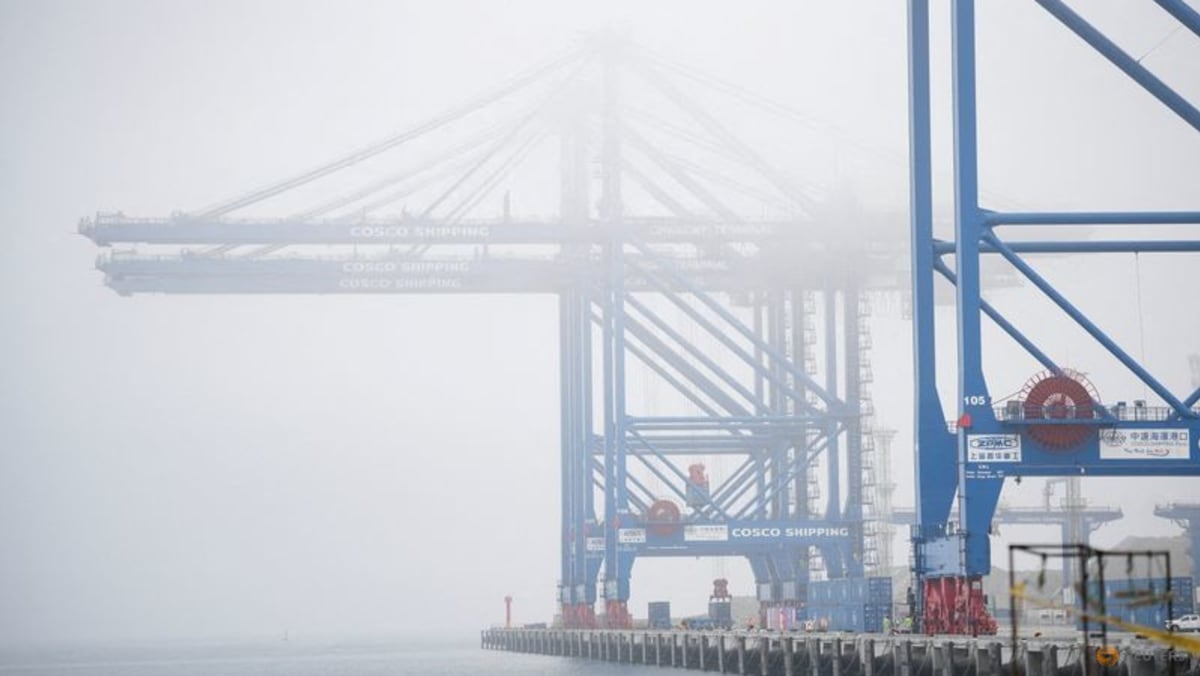MILITARY CONCERNS
These moves have prompted concern in Washington that China is challenging US influence in its own backyard.
China maintains that its seaport diplomacy is market oriented. However, it has established one naval base in the strategically located African nation of Djibouti. And it is believed to be building another naval base in Equatorial Guinea.
According to a recent report by the Asia Society Policy Institute, strategy analysts believe China is seeking to “weaponise” the Belt and Road Initiative.
One way it is doing this is by requiring the commercial ports it invests in to be equally capable of acting as naval bases. So far, 14 of the 17 ports in which it has a majority stake have the potential to be used for naval purposes. These ports can then serve a dual function and support the Chinese military’s logistics network and allow Chinese naval vessels to operate further away from home.
US officials are also concerned China could leverage its influence over private companies to disrupt trade during a time of war.
HOW IS THE WEST RESPONDING?
While China’s investments are raising suspicions, the West’s willingness to invest in ports at this scale is limited. The US International Development Finance Corporation, for instance, has a much slower, rigorous process for its investments, which generally leads to fairer outcomes for both investors and host nations.
However, some Western companies are acquiring stakes in established and newly built ports in other countries, albeit not to the extent of Chinese enterprises.
The French shipping and logistics company CMA CGM’s global port development strategy, for example, includes investments in 60 terminals worldwide. In 2024, it acquired control over South America’s largest container terminal in the Port of Santos, Brazil.
Trump has threatened tariffs as one way of countering China’s global sea power. An advisor on his transition team has proposed a 60 per cent tariff on any product transiting through the Chancay port in Peru or any other Chinese-owned or controlled port in South America.
Rather than making nations reluctant to sign port deals with Beijing, however, this kind of action just erodes Washington’s regional influence. And China is likely to take retaliatory measures, like banning the export of critical minerals to the US.
Host nations like Peru and Brazil, meanwhile, are using the competition for port investment to their advantage. Attracting interest from both the West and China, they are increasingly asserting their autonomy and adopting a strategy of using ports to “play everywhere” on the global stage.
Claudio Bozzi is Lecturer in Law, Deakin University. This commentary first appeared in The Conversation.
